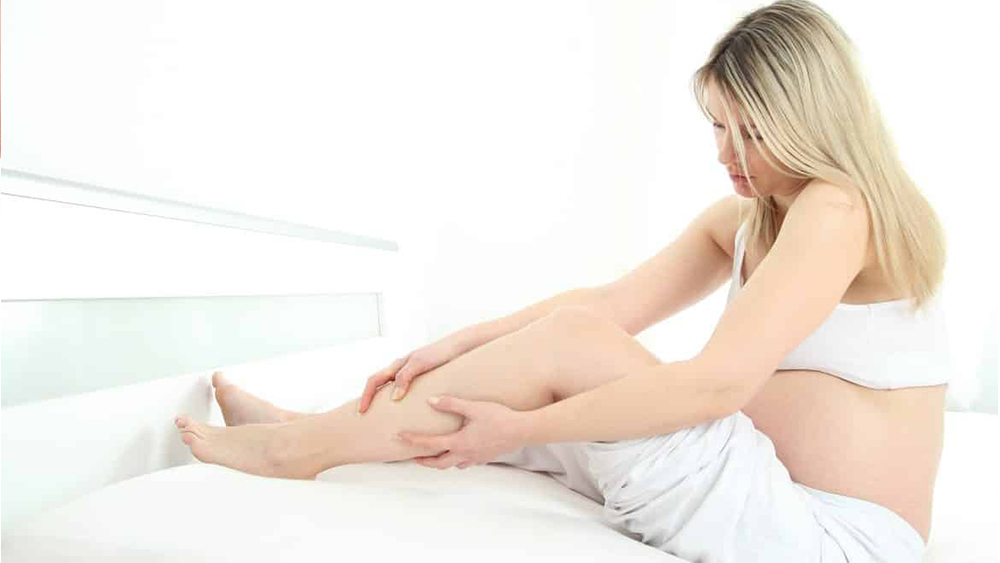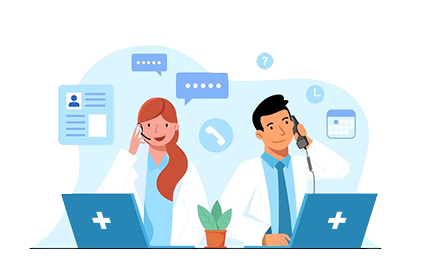Phone Number
+61 (03) 9885 4494Email Address
enquiry@melbournevein.com.au
Pelvic or Vaginal Varicose Veins may be a pain to deal with. This disorder can cause pain during pregnancy, which can be treated at home or by your doctor. Within a few months of childbirth, pelvic or vaginal varicose veins typically disappear. While developing the condition outside of pregnancy may necessitate more intensive care, several procedures can help you manage your symptoms.
Your body produces more blood during this time, which flows more slowly from your legs back up to your pelvis. The relaxation of the vein walls is caused by the changes in the levels of oestrogen and progesterone hormones in your body.
During pregnancy, there is a rise in the release of sex hormones, which can lead to more blood pooling. As well as there is an increase in pressure and compression of blood vessels in the pelvic or vaginal area as your baby grows. The Pelvic or Vaginal Varicose veins can be caused by a combination of these factors.
Pelvic or Vaginal Varicose Veins are more likely to occur if you have varicose veins in your pelvis. Pain in the pelvis and associated areas, such as the lower back and upper thighs, may result from this disorder. Vaginal Veins affect 18 to 22% of pregnant women and 22 to 34% of women with pelvic varicose veins. These figures were maybe even higher. Since varicose veins in the pelvis are difficult to see or feel, many women never receive a diagnosis of Vaginal Veins.
Get vein condition diagnosed by stepping into Melbourne Varicose Vein Clinic.
The major and most common cause is pregnancy. Pressure from the baby and changes in hormones during pregnancy is the main risk factor of developing pelvic varicosities. It is very important to get pelvic varicose veins assessed. Vaginal veins can also be caused by ageing. Veins become less functional over time, slowing blood circulation in the veins. Only pregnancy is not the factor to look at in this vein condition. Women who never have been pregnant also face this issue which is rare as like men facing the issue of genital varicose veins.
Dr. Yazdani has achieved great results in restoring vein health.
Call Us or Book an appointment online to visit the Dr. at your convenience.
